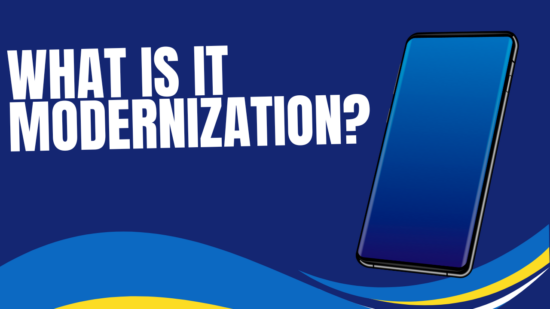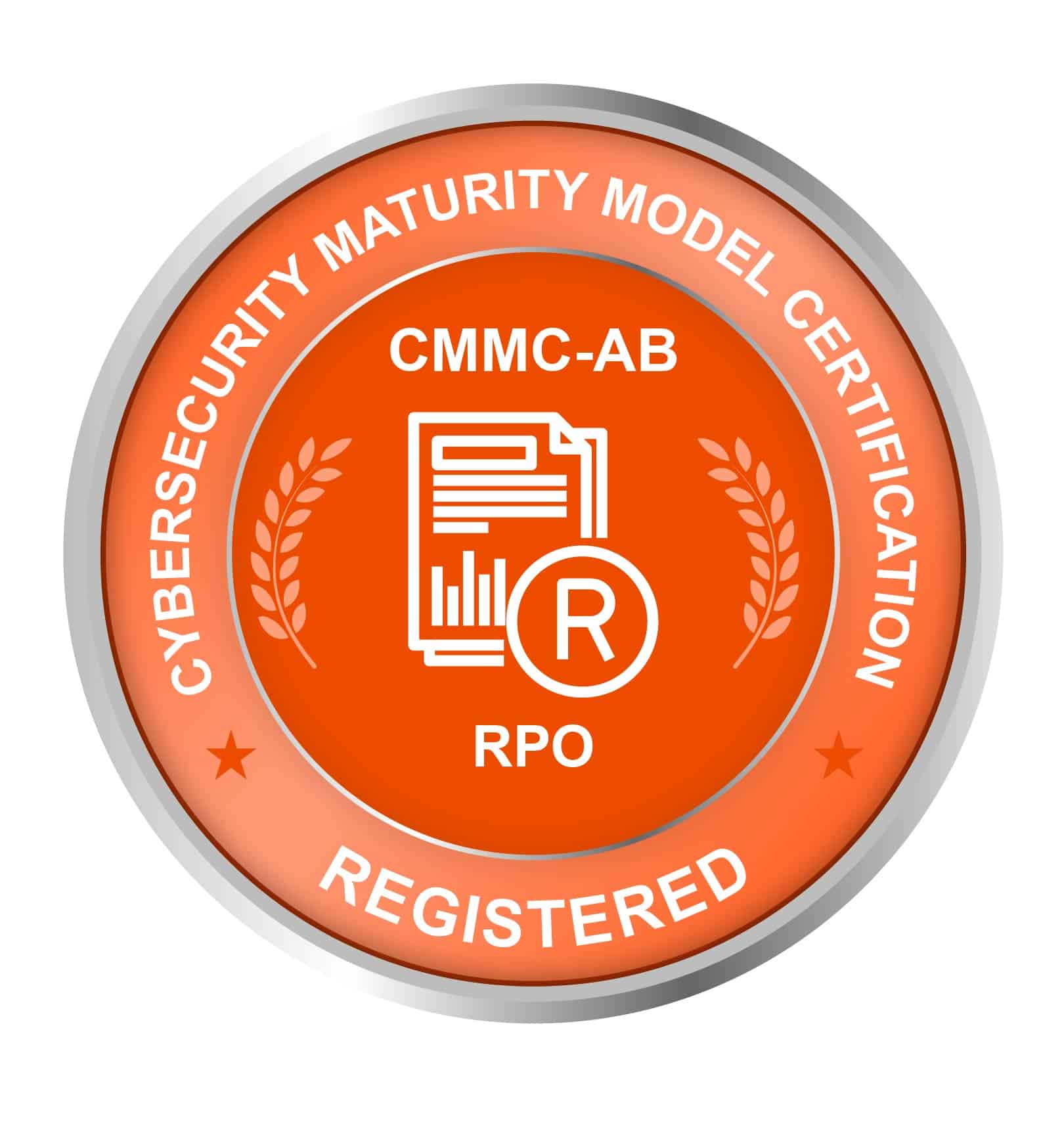Fifth generation (5G) wireless technology is real and it is up and coming, with more and more network and service providers exploring the possibilities of this newest technological advancement. Previous wireless technology generations where generally defined by the speed of their data transmission. Every new wireless technology is also marked by a break or change in their encoding method/air interface, making them incompatible with previous technologies. 5G brings to the table new factors that set it apart from old wireless technologies. While improvements in speed are still significant (i.e., the technology’s capability to transmit more data in a smaller frame of time), 5G technology offers lower latency, which translates to greater responsiveness, as well as the ability to connect to or support more devices at any given moment. While 5G systems will not be compatible with 4G, all 5G devices will initially need 4G technology, as they will need to rely on 4G to establish initial connections before ultimately trading up to the more advanced 5G connection where and when it becomes available.
In simpler terms, a Fifth Generation network refers to the next rung in the mobile internet connectivity ladder, offering much faster transmission speeds and a lot more reliable connections on various devices beyond smartphones. With 5G download speeds of up to 1GBps will soon be the standard and IoT devices and technologies will have more usability, making way for a smarter and even more connected world than ever before.
Now that developments in 5G technology are well underway, it won’t be surprising to see 5G network launches across the world by 2019 and a full-blown adoption of the new technology by 2020 as these wireless technologies work together to enable speedier mobile and wireless connections regardless of your location. 5G networks will not only faster data transmission speeds, but also smoother streaming of all kinds of online content, more reliable wireless and mobile connections, higher quality VoIP and video calls, more connected IoT devices, and a greater expansion in terms of advanced developments like smart cities.










